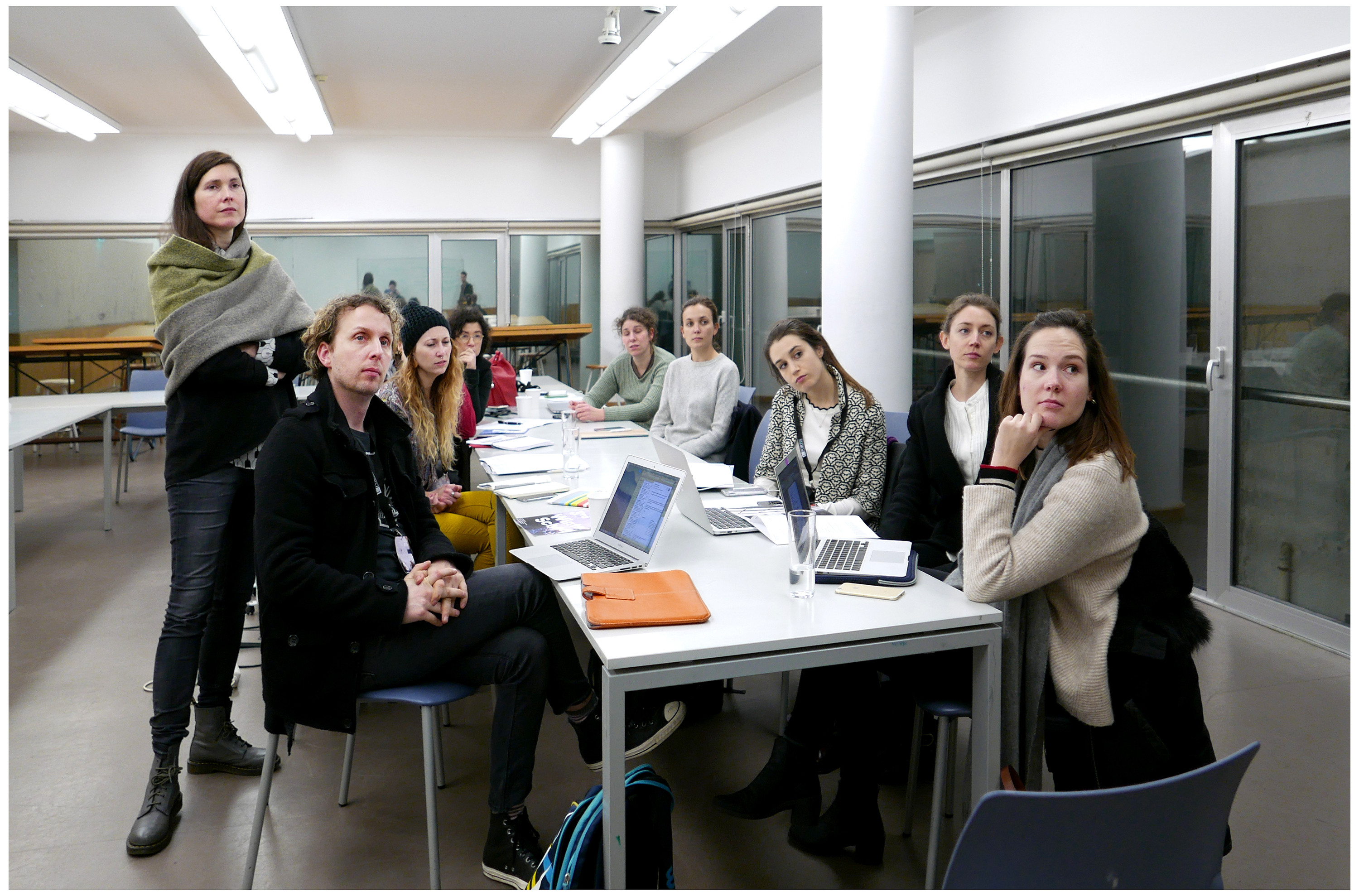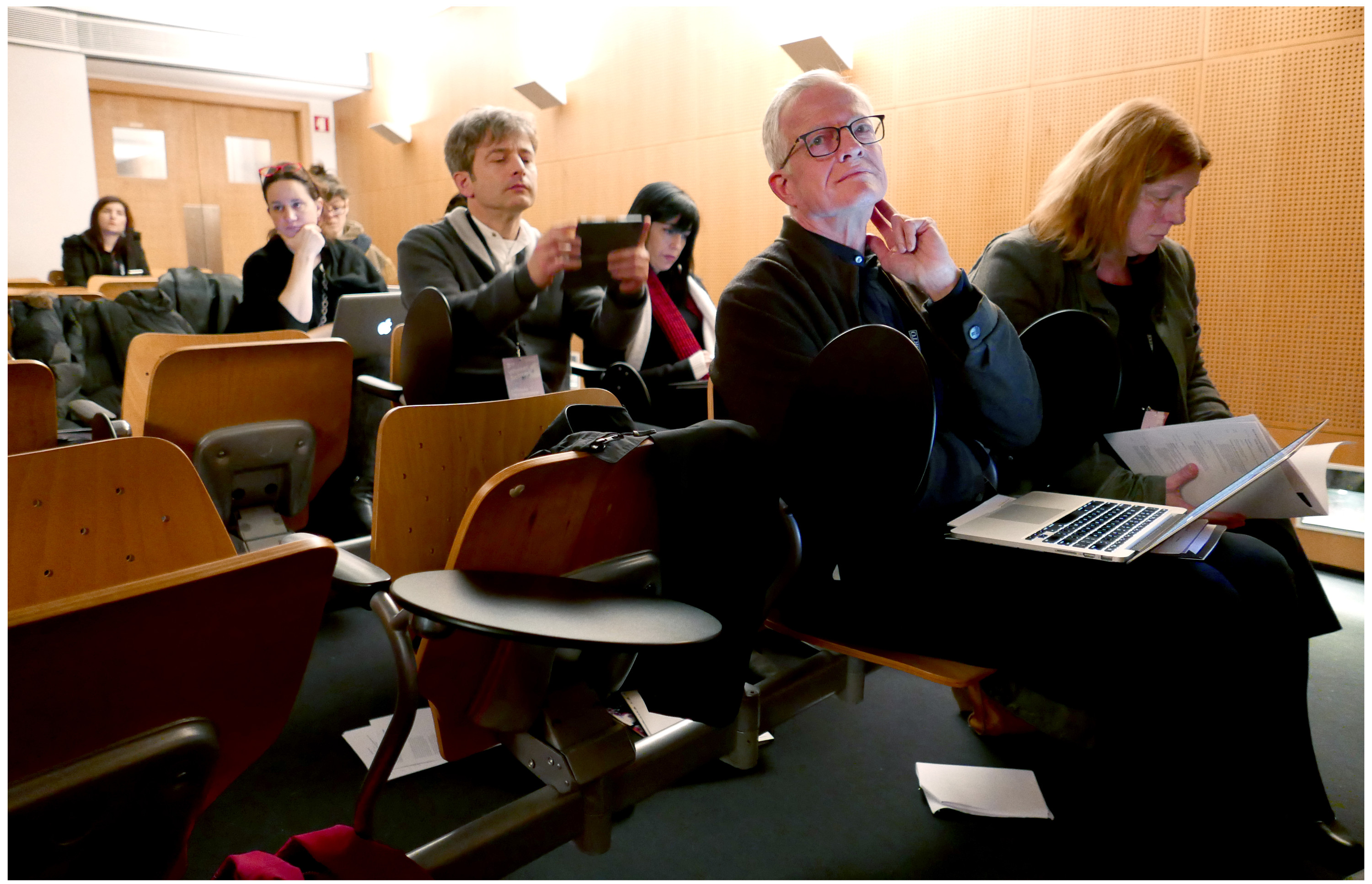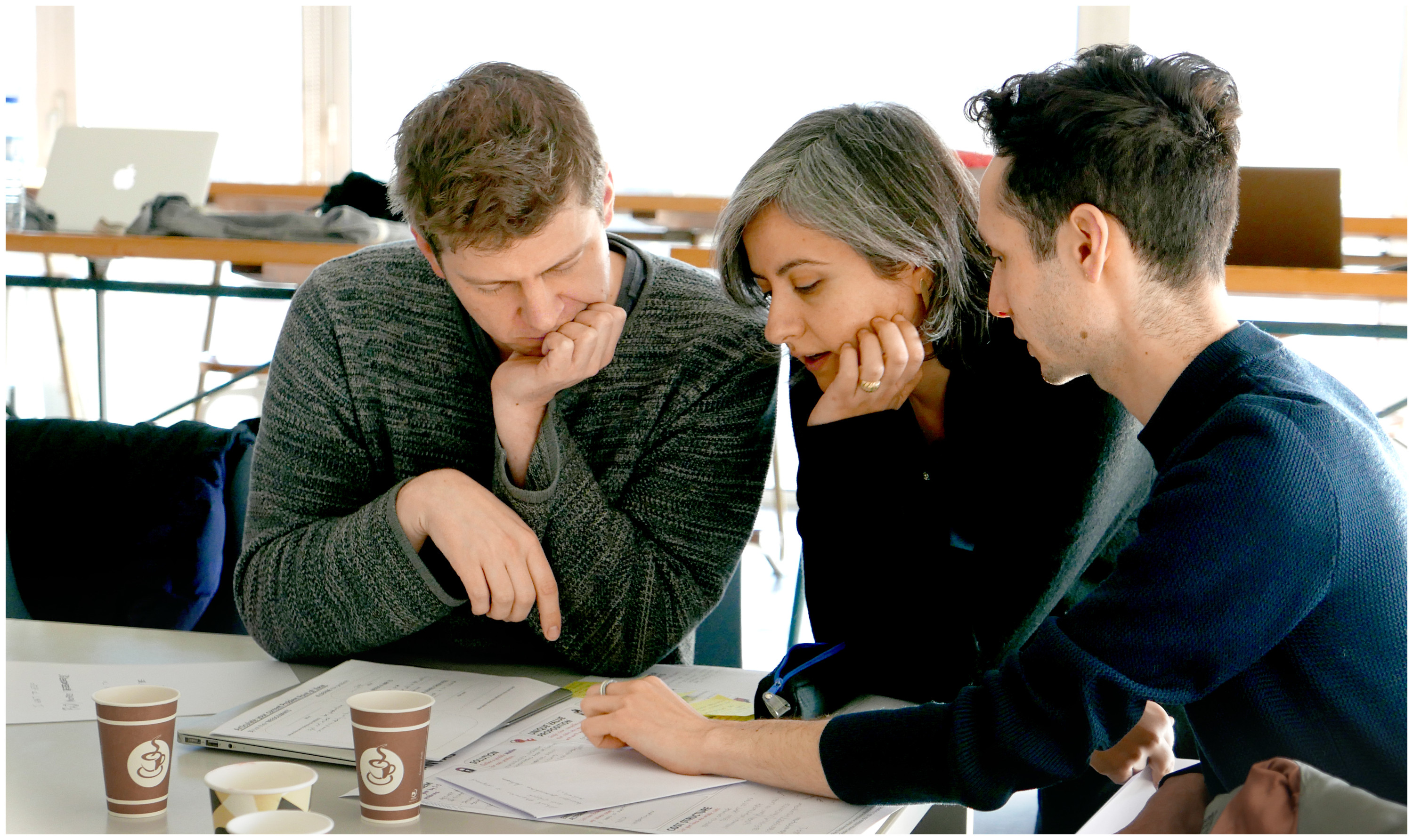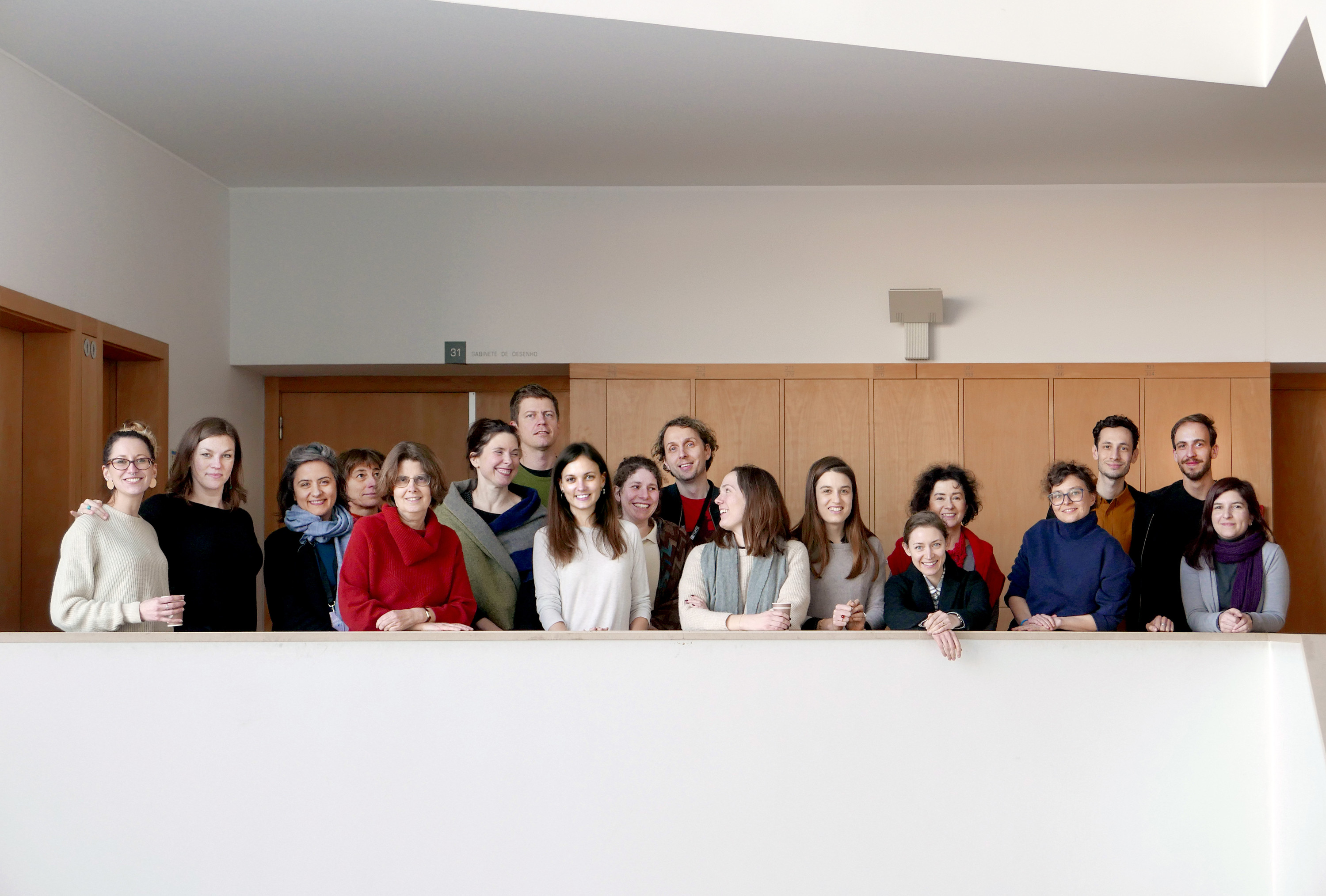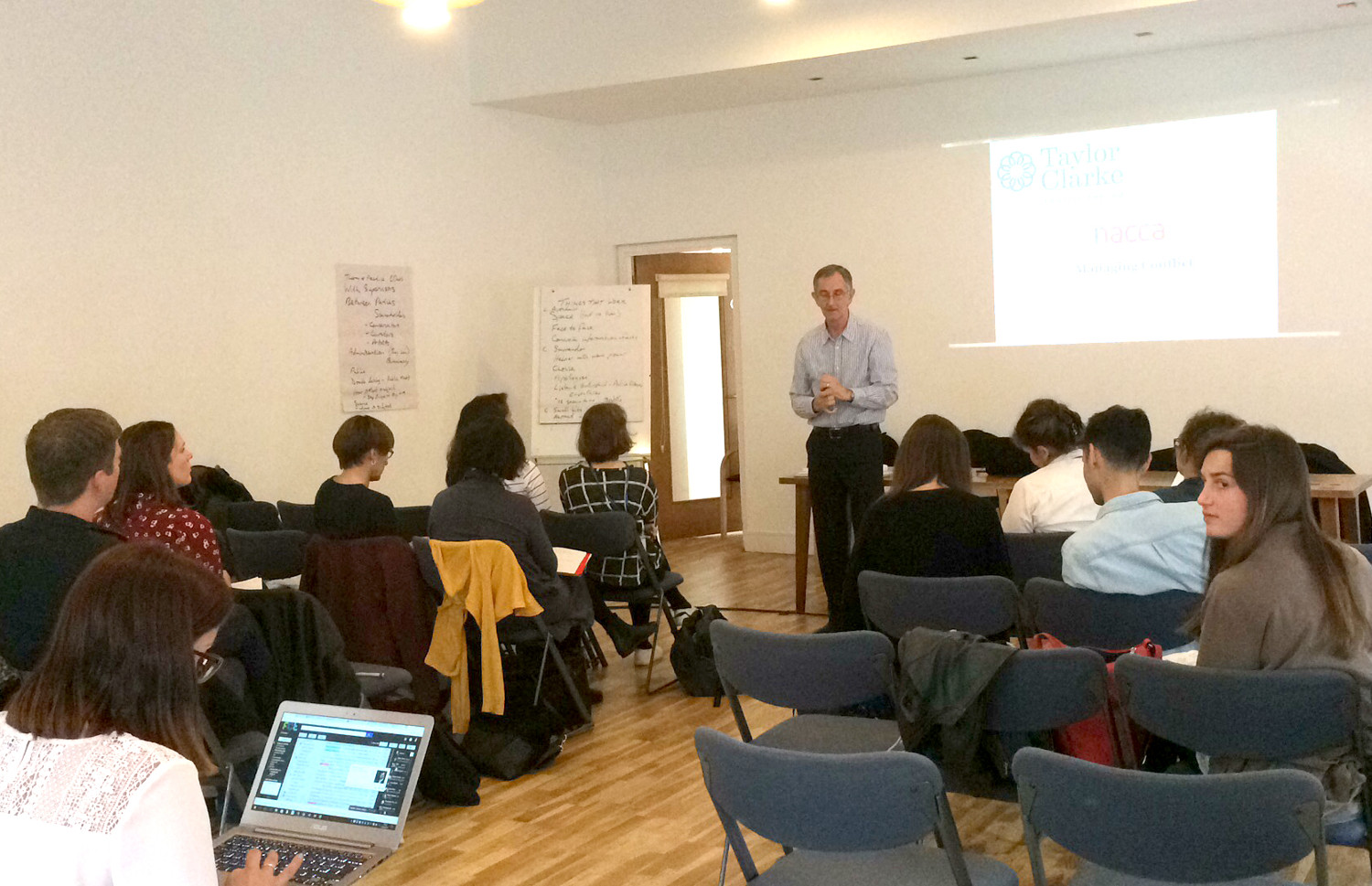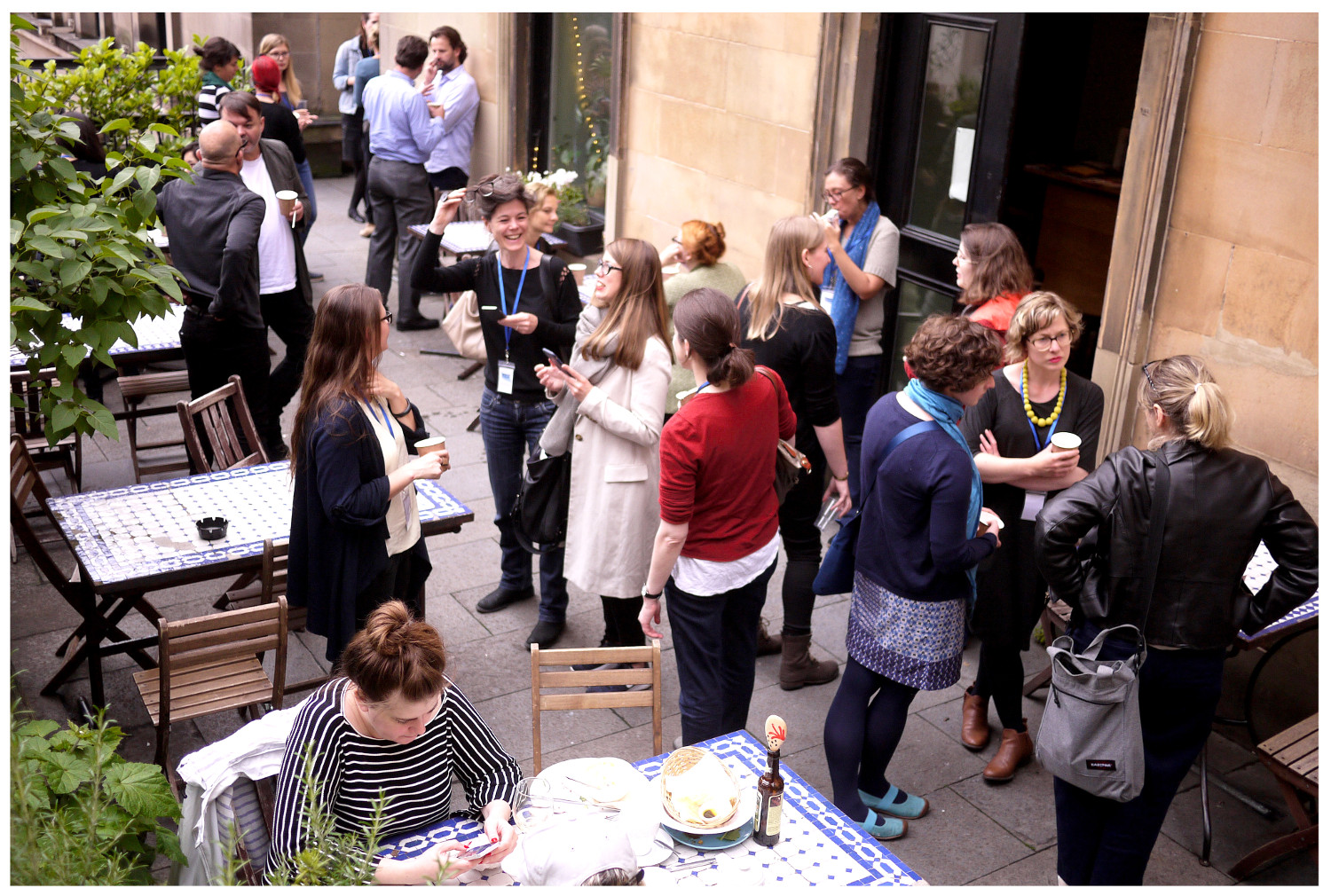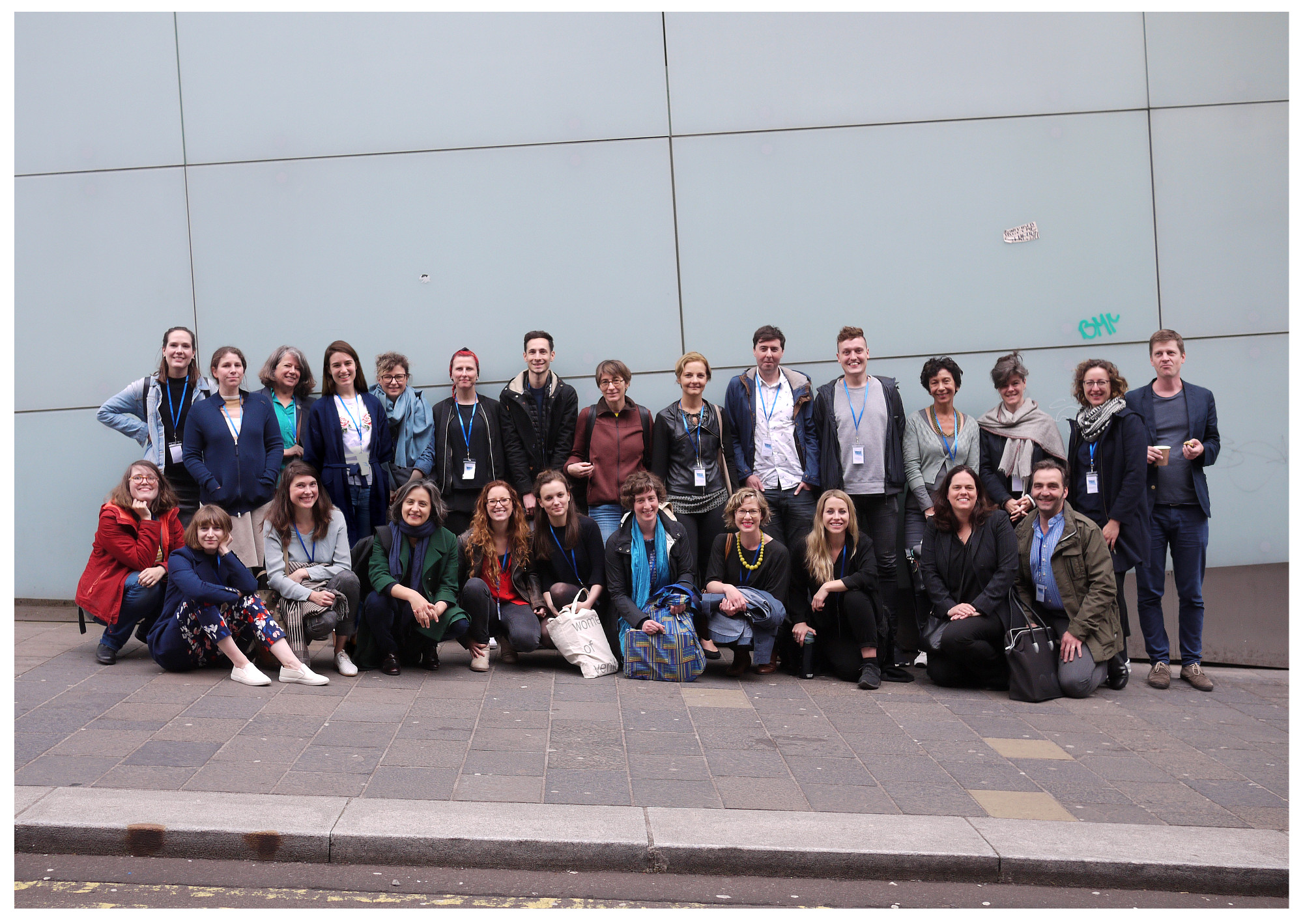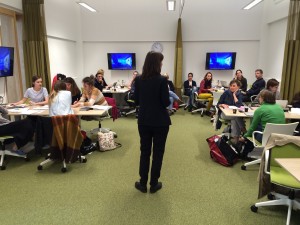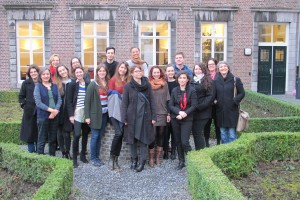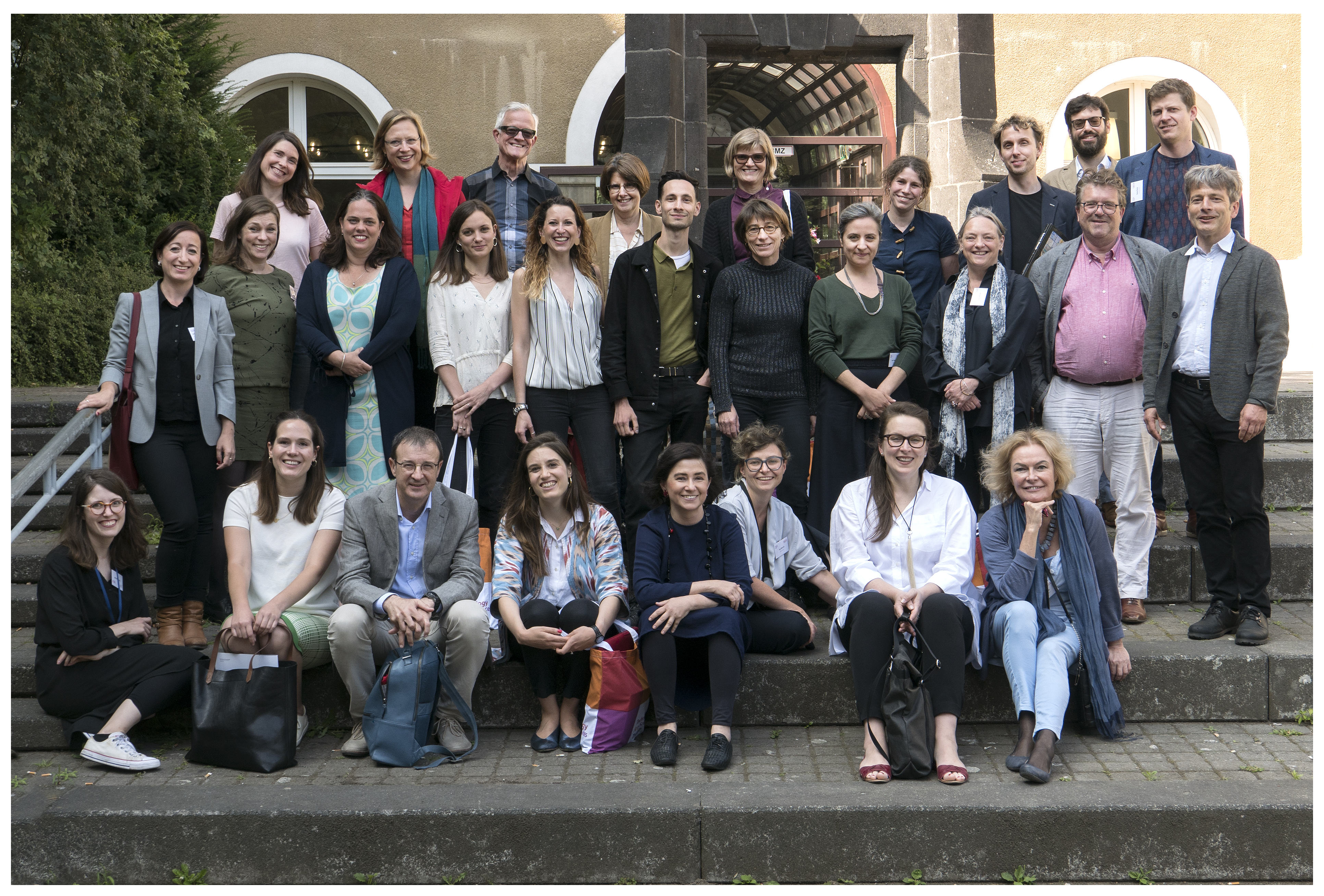
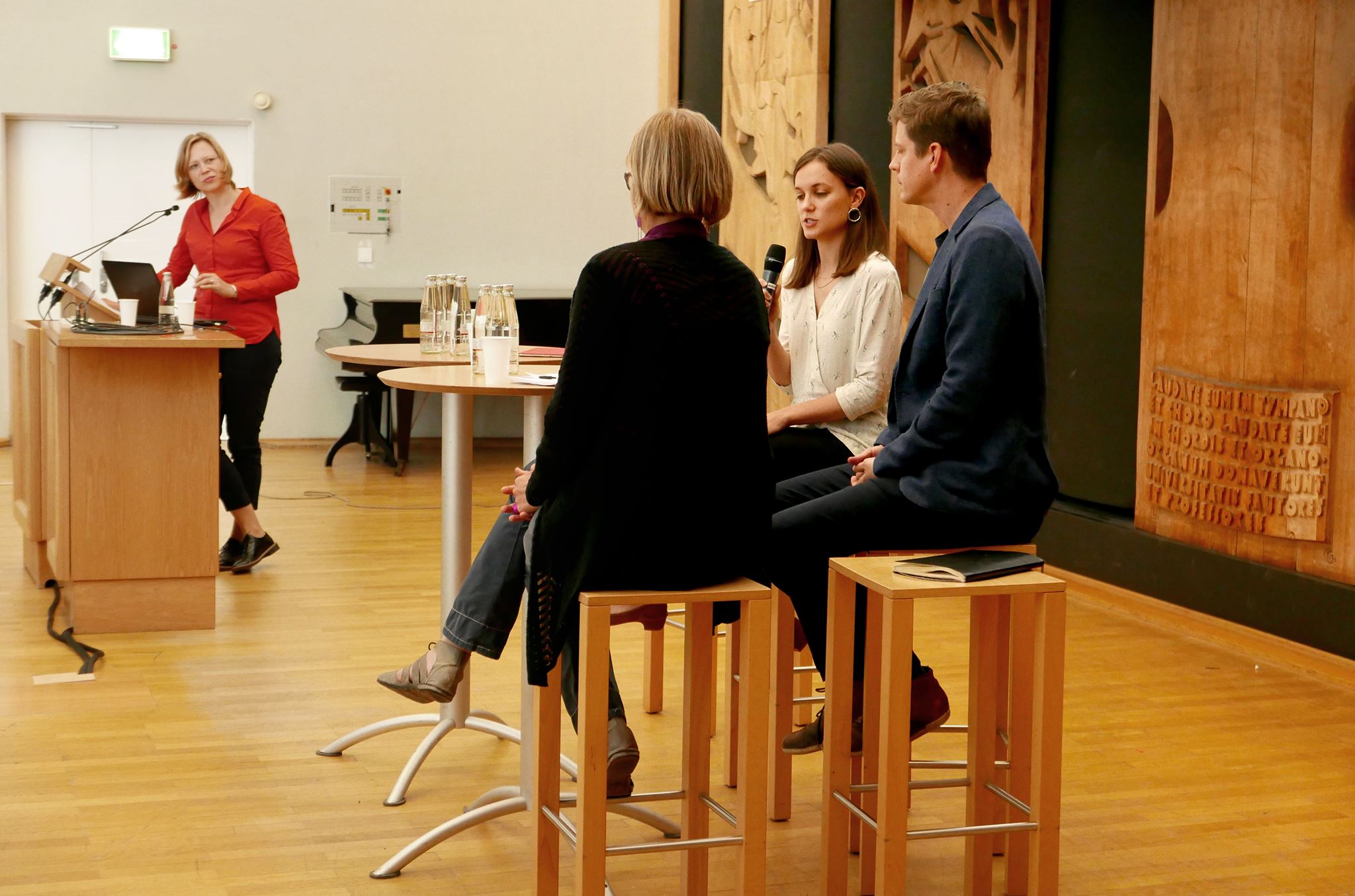
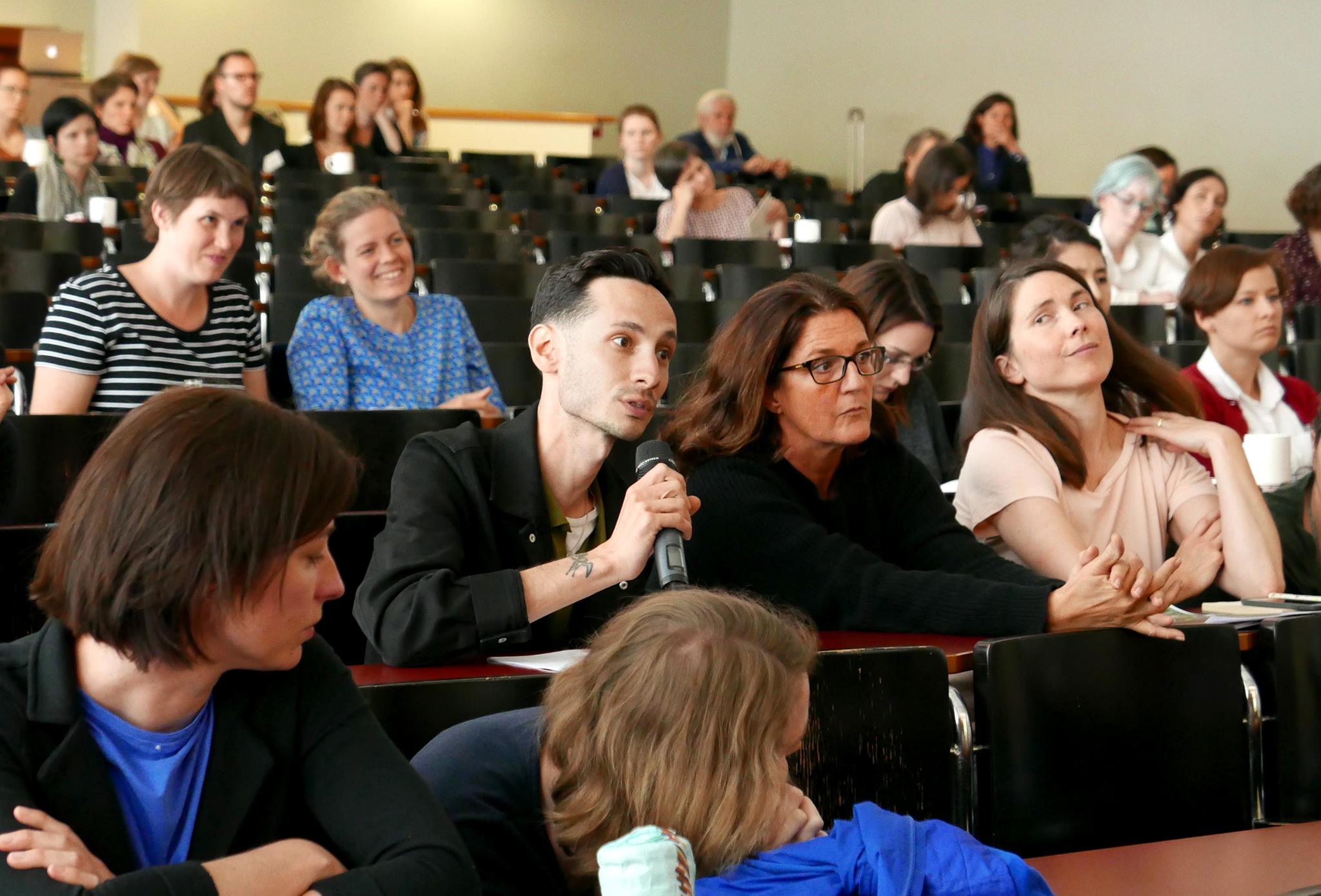
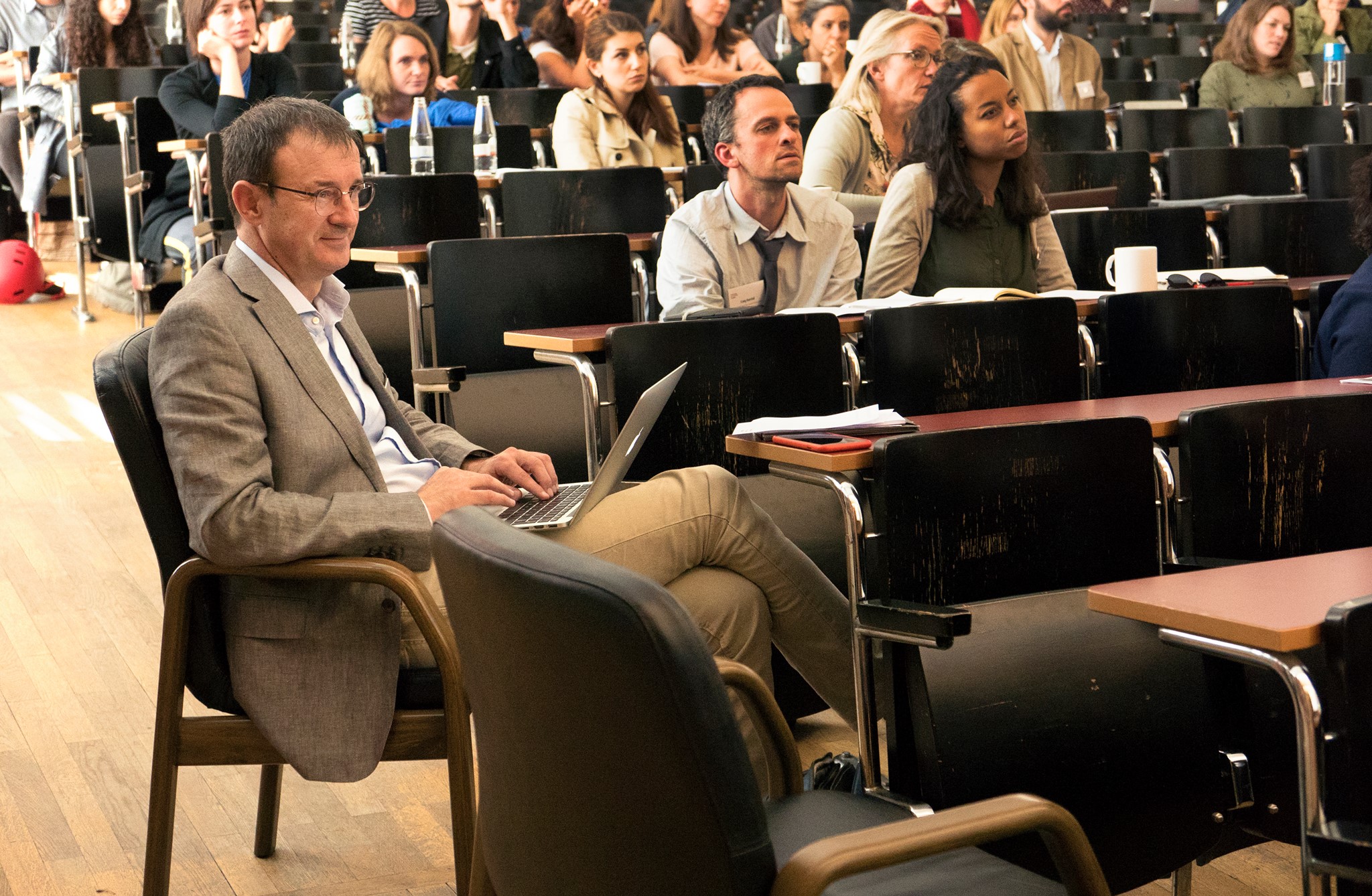
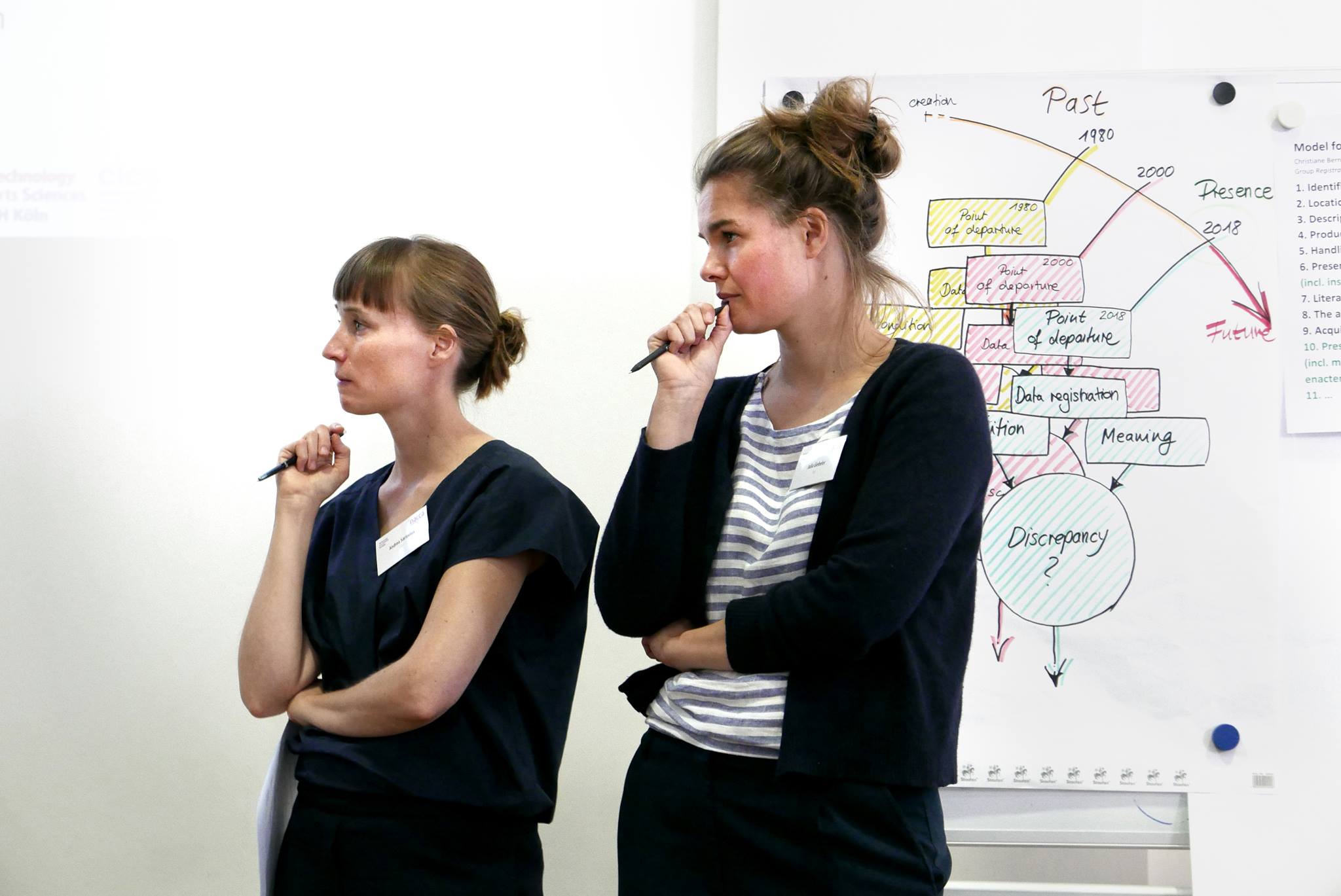
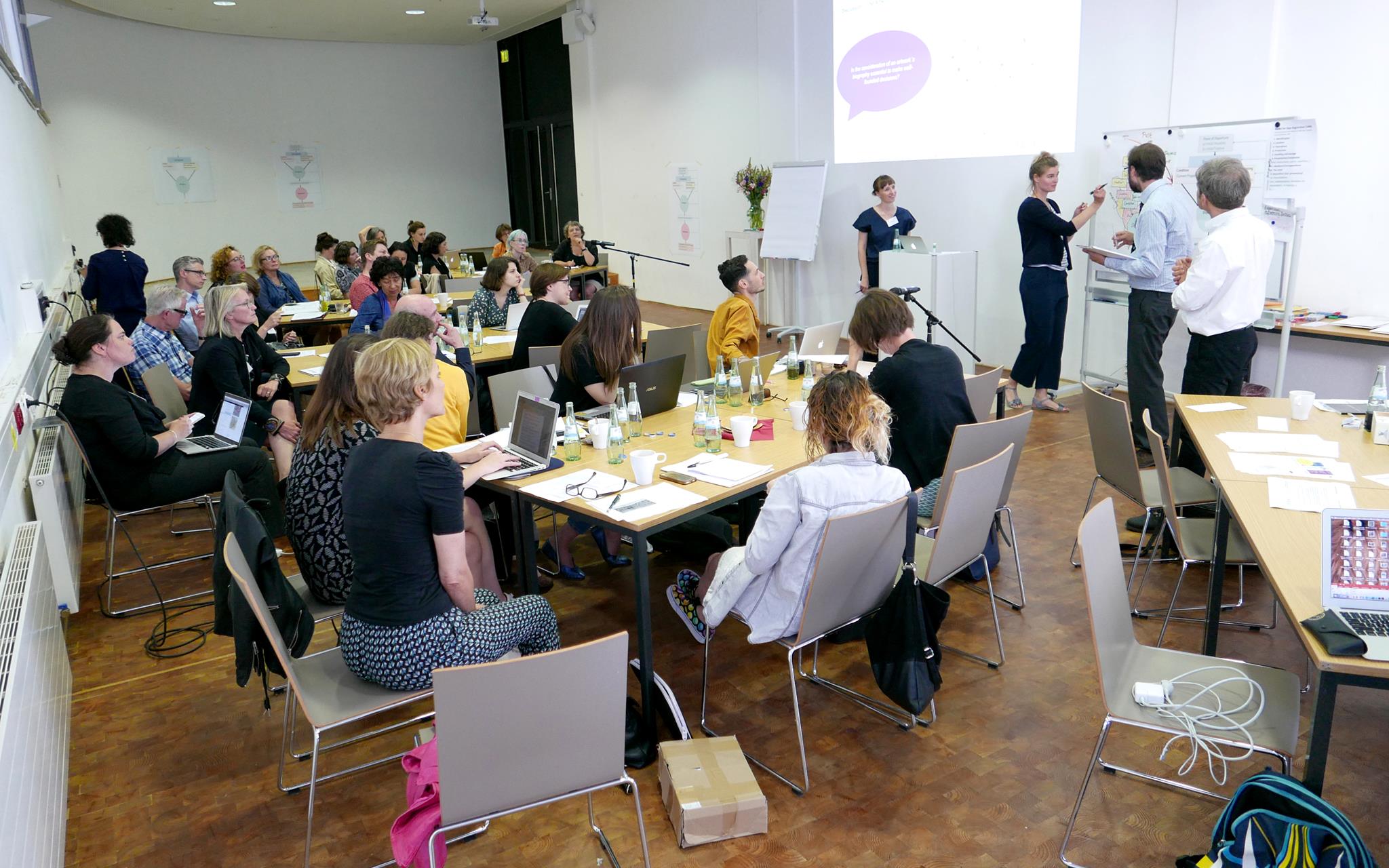
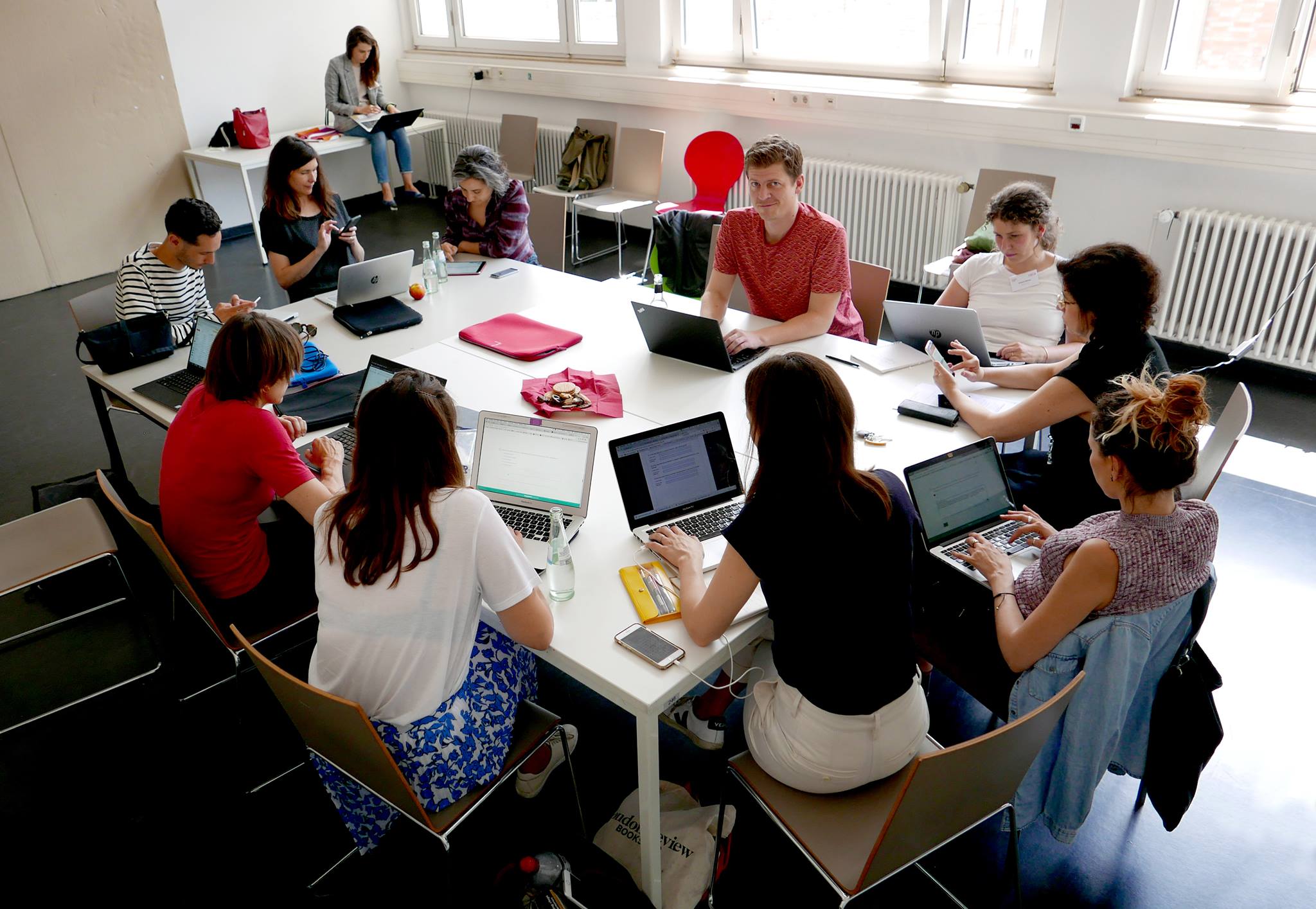
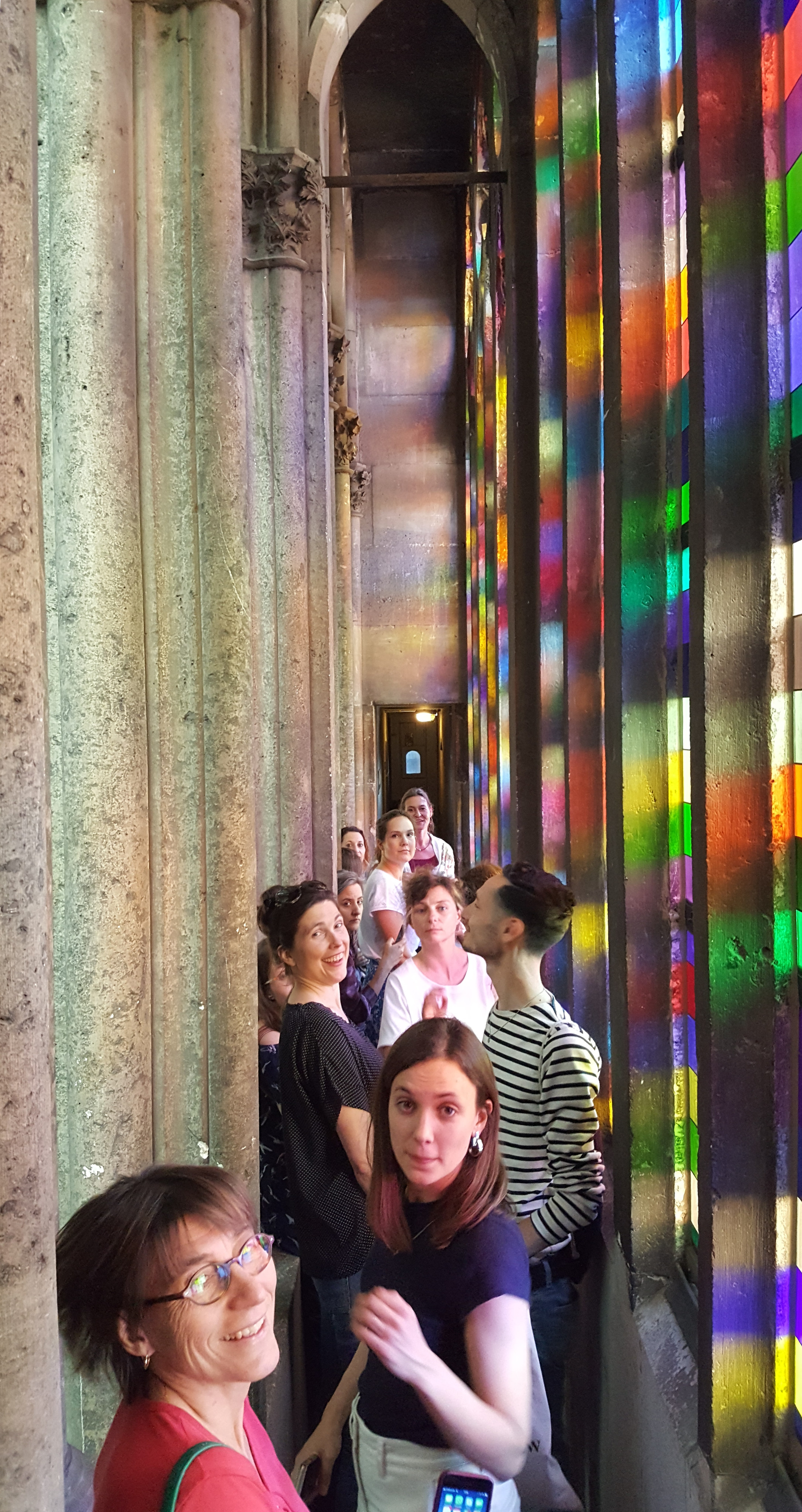
From 25-29 June 2018, Cologne Institute of Conservation Sciences, TH Köln, hosted the third and final Summer School for the Marie Sklodowska-Curie Innovative Training Network ‘New Approaches in the Conservation of Contemporary Art’ (NACCA).
The week involved a two day symposium on the conservation of contemporary art From different perspectives to common grounds in contemporary art conservation, and three days of internal activities for the NACCA Early Stage Researchers (ESRs) and supervisors.
The two initial days of the week, 25th and 26th, were dedicated to the NACCA 2018 Symposium which gathered nearly two hundred members from different fields interested in the conservation of contemporary art. During these two days, five clusters were presented as central themes of the symposium sessions. Each cluster comprised five speakers, opening with two keynote speakers presentations, followed by three NACCA ESR papers, and closing with 20 minutes discussion panels.
The sessions comprised Intent, authorship, authentication with Marina Pugliese, Antonio Rava, Nina Quabeck, Maria Theodoraki, and Tomas Markevicius, and chaired by Erma Hermens; Production and reproduction with Ursula Schädler-Saub, Ulrich Lang, Sophie Lei, Marta García Celma, and Panda de Haan, chaired by Glenn E. Wharton; Challenging institutional conventions with Renate Buschmann, Johannes Gfeller, Artemis Rüstau, Claudia Röck, and Iona Goldie-Scot, chaired by Pip Laurenson; Musealisation with Salvador Muñoz Viñas, Hanna Hölling, Brian Castriota, Joanna Kiliszek, and Aga Wielocha, chaired by Renée van de Vall; and finally, Cross-disciplinary networks with Renata Peters, Caitlin Spangler-Bickell, Dušan Barok and Zoë Miller. The symposium was concluded with a tribute to Heinz Althöfer, a pioneer in the theory of contemporary art conservation, presented by Carlota Santabárbara Morera.
During the remaining three days of the Cologne summer school, researchers and supervisors collaborated in various sessions specially prepared to fit the needs of the ESRs, carefully taking in consideration and applying feedback collected from past NACCA Schools. The programme curated by Prof. Dr. Gunnar Heydenreich, introduced high quality sessions as well as space for developing and strengthen networks and relationships among all NACCA members.
The summer school program included feedback sessions, where the fifteen ESRs engaged in a peer review of draft chapters of their theses. These peer review sessions were undertaken in small groups of two or three supervisors together with three ESRs. The reseachers also received a session on didactics, in order to prepare them for a possible future in academia or education. Finally, Friday was dedicated to revising the Decision-Making Model for Contemporary Art Conservation, with a session developed by Gunnar Heydenreich, Julia Giebeler and Andrea Sartorius. This last session took the form of a group workshop, and involved an even larger network of specialists in contemporary art, including some of the curators, conservators, and art historians involved in the initial development of the Decision Making Model for Conservation in 1999, as well as other specialist and theorists in contemporary art conservation. This session re-evaluated the model and its efficiency when treating 21st Century artworks and provided a much-needed opportunity for discussing key terms used in the conservation of contemporary art.
In addition to the valuable theoretical and professional development sessions, the week also included cultural visits and activities which enhanced personal relationships between the group members. Among them, a visit to Cologne cathedral – Dom, a trip to Thomas Schütte Stiftung and Hombroich Museum, and few dinners in Cologne Südstadt.
This exciting week was successfully organised and executed thanks to the support of Diana Blumenroth, and concluded as the last NACCA School for ESRs and supervisors. The NACCA group will next be brought together for the program’s final conference, organised in conjunction with the Annual MACCH conference in Maastricht in 2019, where they can reflect on the results of a magnificent three years.
Marta Garcia Celma

